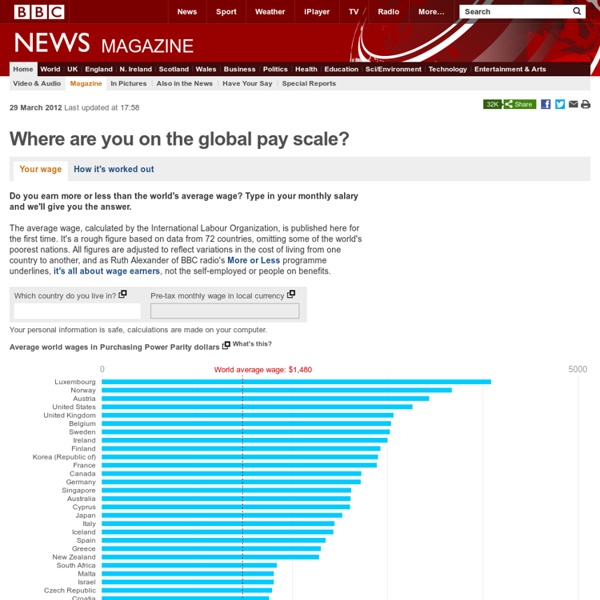



Bereken hoeveel werkloosheidsuitkering jij krijgt Het bedrag van de werkloosheidsuitkeringen is gelijk aan een bepaald percentage van je laatst verdiende loon, maar er is wel een loongrens. Sinds 1 november 2012 is het stelsel van werkloosheidsuitkeringen hervormd. Wat verandert er? Als je vandaag uitkeringen aanvraagt, daalt het bedrag van deze uitkeringen in verschillende stappen, afhankelijk van het aantal jaren dat je gewerkt hebt. Heb je bijvoorbeeld slechts 2 jaar gewerkt, dan ontvang je na 1,5 jaar werkloosheid al het minimumbedrag. Let op: de berekening geldt o.a. niet voor volgende personen: Werklozen die een inschakelingsuitkering krijgenWerklozen in het stelsel van werkloosheid met bedrijfstoeslagDeeltijdse werknemers Bedragen geldig vanaf 01.07.2015 Deze berekening geldt niet voor bepaalde uitzonderingen. Bruto of netto? Let op, je uitkering is nog onderworpen aan een bedrijfsvoorheffing van 10,09 procent. Voorbeeld Stel: je hebt al 6 jaar gewerkt, je woont alleen en je laatste brutoloon was € 2000. De uitkering zakt niet altijd
Bereken je opzegtermijn Ben je pas ontslagen? Of ben je van plan om ontslag te nemen? Hier kan je je opzeggingstermijn berekenen. De wijze waarop de duur van je opzegtermijn berekend wordt - of je nu zelf ontslag neemt, of ontslagen bent door je werkgever - hangt in eerste instantie af van de aanvangsdatum van je arbeidsovereenkomst. Indien je na 1 januari 2014 bent gestart, gelden de nieuwe opzeggingstermijnen. Indien je voor 1 januari 2014 bent gestart, geldt een bijzondere overgangsregeling. In beide situaties kan je je opzeggingstermijn hieronder berekenen ... (*) De datum verschilt naargelang de vorm van het ontslag. De resultaten van deze simulatie zijn louter informatief.